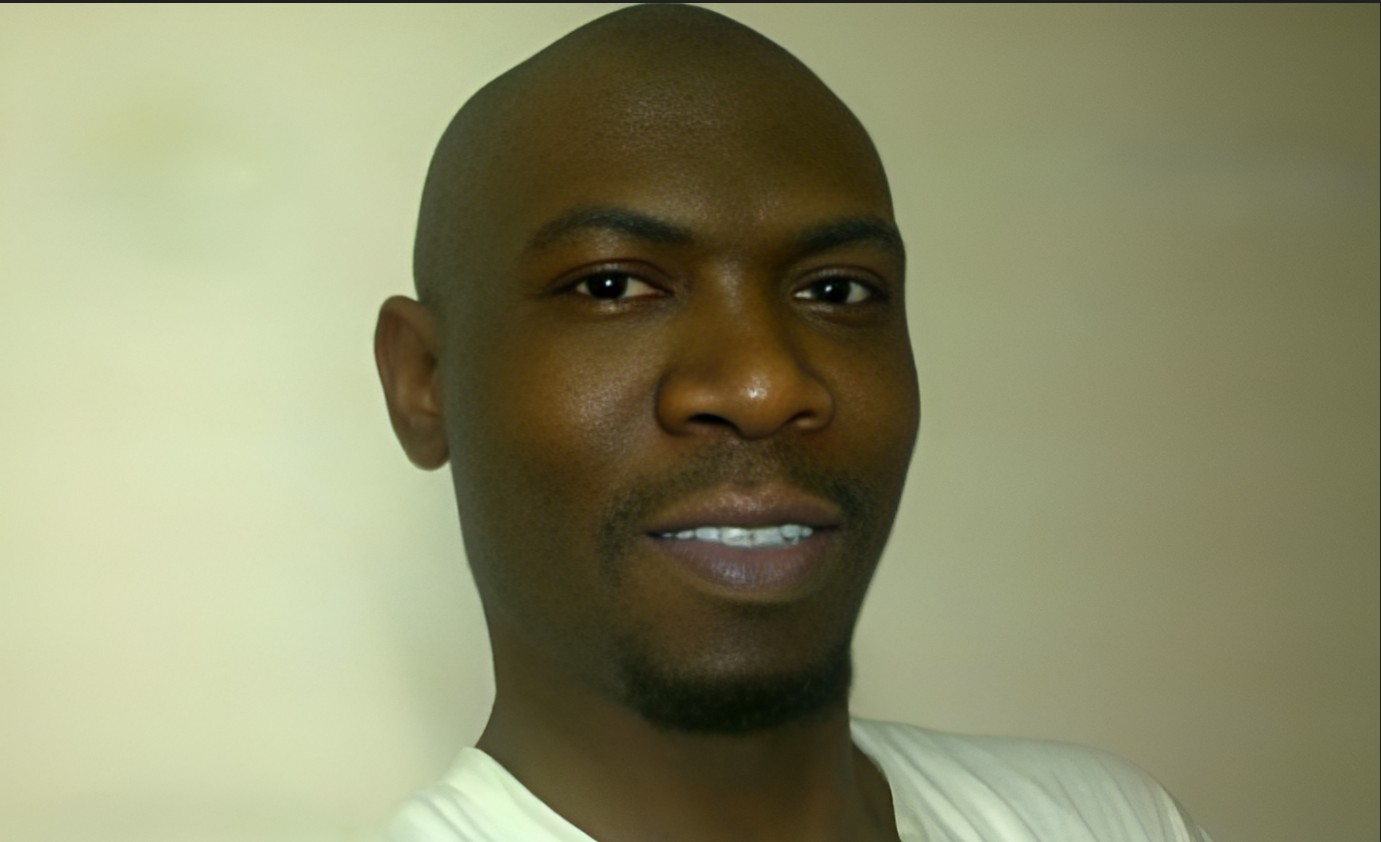Understanding Umrah: Freed Kenyan Stephen Munyakho’s spiritual journey to Makkah

Stephen Abdukareem Munyakho, a Kenyan who spent more than a decade on death row in Saudi Arabia, was officially released on July 22, 2025.
The Ministry of Foreign Affairs confirmed the release, with Principal Secretary Korir Sing’Oei stating that Munyakho was freed at 10 am on Tuesday after fulfilling the conditions of a judicial decree.
“Our mission in Riyadh has confirmed that Steve performed his Umrah (minor pilgrimage) upon release,” said Sing’Oei in a statement to the press.
Munyakho’s release brings to an end a long and difficult chapter that began in 2011 when he was convicted following a fatal altercation with a colleague while working in Saudi Arabia.
His case has drawn significant attention over the years, with various human rights groups and the Kenyan government advocating for his clemency.
Spiritual renewal
In a gesture of spiritual renewal, Munyakho embarked on the sacred Islamic rite of Umrah, a minor pilgrimage that holds deep significance for Muslims worldwide.
Unlike the Hajj, which is compulsory once in a lifetime for those who are able, Umrah is a voluntary act of devotion that can be undertaken at any time of the year.
The ritual involves travelling to the holy city of Makkah, where pilgrims enter a sacred state known as Ihram, marked by specific cleansing rituals and the wearing of simple white garments that symbolise purity and equality before God.
Pilgrims then perform Tawaf—circling the revered Ka’aba seven times in a counter-clockwise direction—followed by prayers at Maqam Ibrahim, and drinking water from the sacred Zamzam Well.
The final stages of Umrah include Sa’i, the walking between the hills of Safa and Marwa, and the symbolic act of shaving or cutting the hair to signify spiritual renewal and the completion of the pilgrimage.
The Ministry of Foreign Affairs confirmed the release, with Principal Secretary Korir Sing’Oei stating that Munyakho was freed at 10 am on Tuesday after fulfilling the conditions of a judicial decree.
“Our mission in Riyadh has confirmed that Steve performed his Umrah (minor pilgrimage) upon release,” said Sing’Oei in a statement to the press.
Munyakho’s release brings to an end a long and difficult chapter that began in 2011 when he was convicted following a fatal altercation with a colleague while working in Saudi Arabia.
His case has drawn significant attention over the years, with various human rights groups and the Kenyan government advocating for his clemency.
Spiritual renewal
In a gesture of spiritual renewal, Munyakho embarked on the sacred Islamic rite of Umrah, a minor pilgrimage that holds deep significance for Muslims worldwide.
Unlike the Hajj, which is compulsory once in a lifetime for those who are able, Umrah is a voluntary act of devotion that can be undertaken at any time of the year.
The ritual involves travelling to the holy city of Makkah, where pilgrims enter a sacred state known as Ihram, marked by specific cleansing rituals and the wearing of simple white garments that symbolise purity and equality before God.
Pilgrims then perform Tawaf—circling the revered Ka’aba seven times in a counter-clockwise direction—followed by prayers at Maqam Ibrahim, and drinking water from the sacred Zamzam Well.
The final stages of Umrah include Sa’i, the walking between the hills of Safa and Marwa, and the symbolic act of shaving or cutting the hair to signify spiritual renewal and the completion of the pilgrimage.
Stephen Munyakho
Tawaf
Ka’aba
Maqam Ibrahim
Zamzam Well
Steve Abdukareem Munyakho
Umrah
minor pilgrimage
Makkah
Munyakho
Let’s Connect
We’re here to listen, support, and engage with you.
Whether it’s feedback, a request, or collaboration — Hon. Jalang’os team welcomes your message.
Office Address
Langata Constituency Office, Nairobi
Call
+254 722 400 737
“Leadership is not about position — it’s about purpose, people, and progress.”